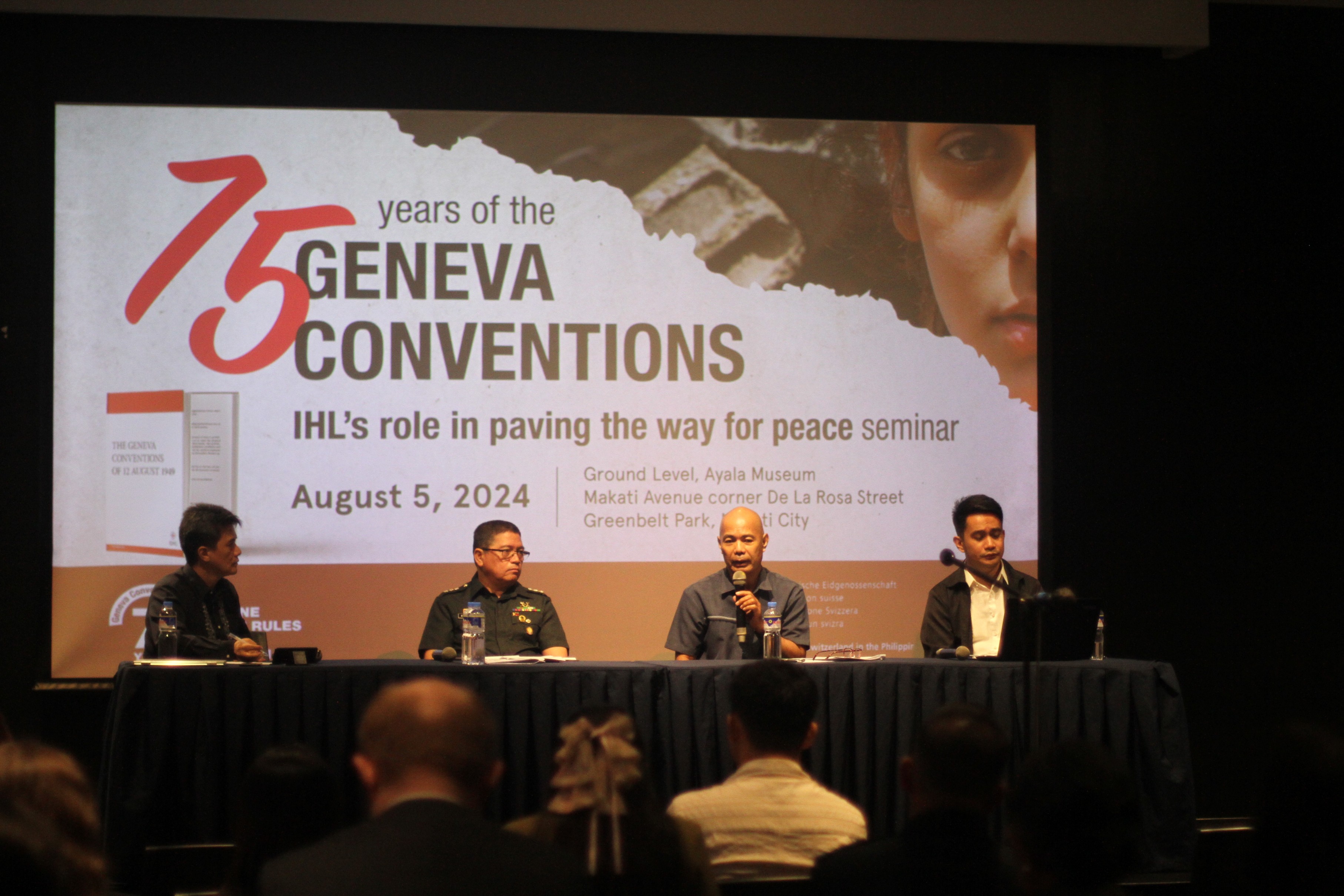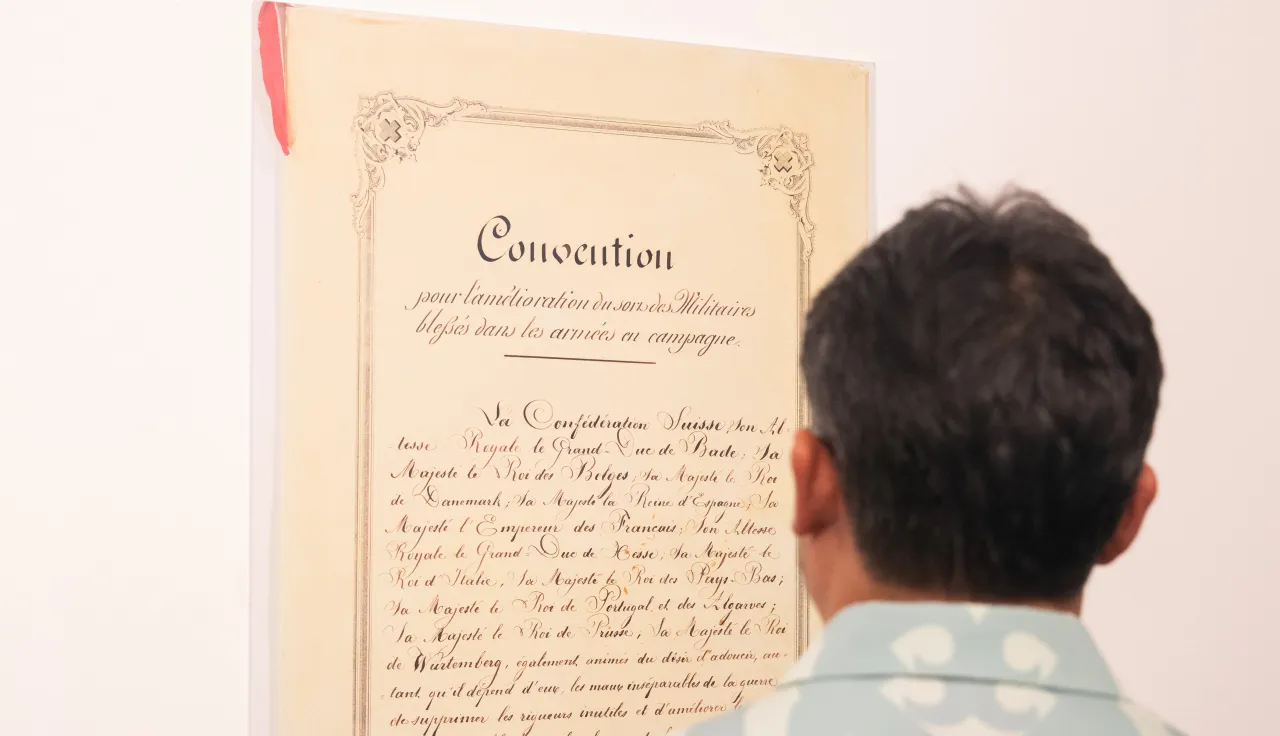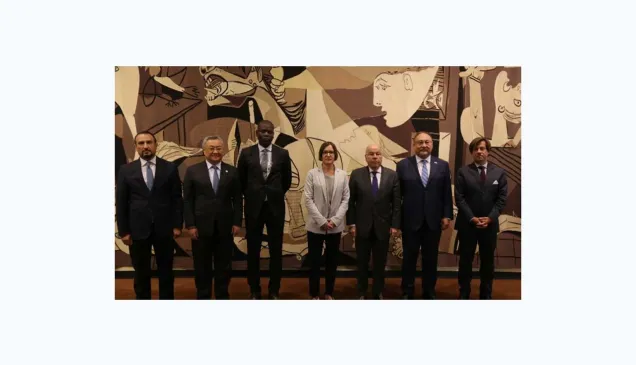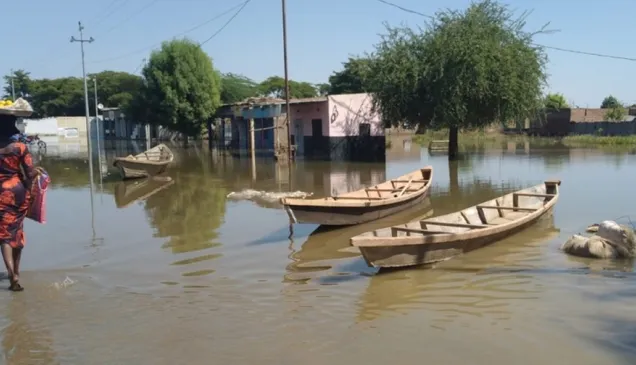“When we have more respect for the rules of war—fewer destroyed homes, fewer war crimes, less cruelty and hatred—some of the roadblocks to sustainable peace-making can be avoided. Whenever the brutality of war is limited by affirming the importance of IHL, this reaffirms our common humanity. This is an important step on the road to peace,” said Johannes Bruwer, head of the ICRC delegation in the Philippines.
Decades of internal armed conflicts have displaced many Filipinos across the country, particularly in Mindanao. Although the Philippines is a strong supporter of IHL, ratifying important treaties and passing local IHL laws, Bruwer noted that a bill protecting the rights of internally displaced persons (IDPs) is still a work in progress.
In addition, the obligation to prevent people from going missing and to take all feasible measures to account for persons reported missing is enshrined in the Geneva Conventions. Bruwer said that despite advancements on aspects linked to compensation, the affected families have the right to know from the authorities the fate and whereabouts of their loved ones who went missing due to the 2017 Marawi conflict.
On 12 August, the Geneva Conventions of 1949, which are universally accepted treaties that form the core of international humanitarian law (IHL) or the rules of war, turn 75.
Drawing its humanitarian mandate from the Geneva Conventions, the ICRC marks this anniversary around the world to raise awareness of the enduring importance of IHL in protecting victims of conflict, its continued relevance in contemporary armed conflicts, and the need to work toward better implementation and compliance of this body of law, which is lifesaving in nature and represents shared human values.
Yesterday, the ICRC in partnership with the Embassy of Switzerland in the Philippines, held a seminar titled “IHL and peace: IHL’s role in paving the way for peace and its relevance during peacetime.” Around 60 IHL advocates in the government, representatives of the diplomatic corps and the Red Cross and Red Crescent Movement, attended the event.

When we have more respect for the rules of war—fewer destroyed homes, fewer war crimes, less cruelty and hatred—some of the roadblocks to sustainable peace-making can be avoided. Whenever the brutality of war is limited by affirming the importance of IHL, this reaffirms our common humanity. This is an important step on the road to peace.


About the ICRC
The International Committee of the Red Cross (ICRC) is a neutral, impartial and independent organization with an exclusively humanitarian mandate that stems from the Geneva Conventions of 1949. It helps people around the world affected by armed conflict and other violence, doing everything it can to protect their lives and dignity and to relieve their suffering, often alongside its Red Cross and Red Crescent partners.




